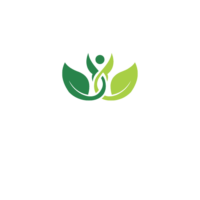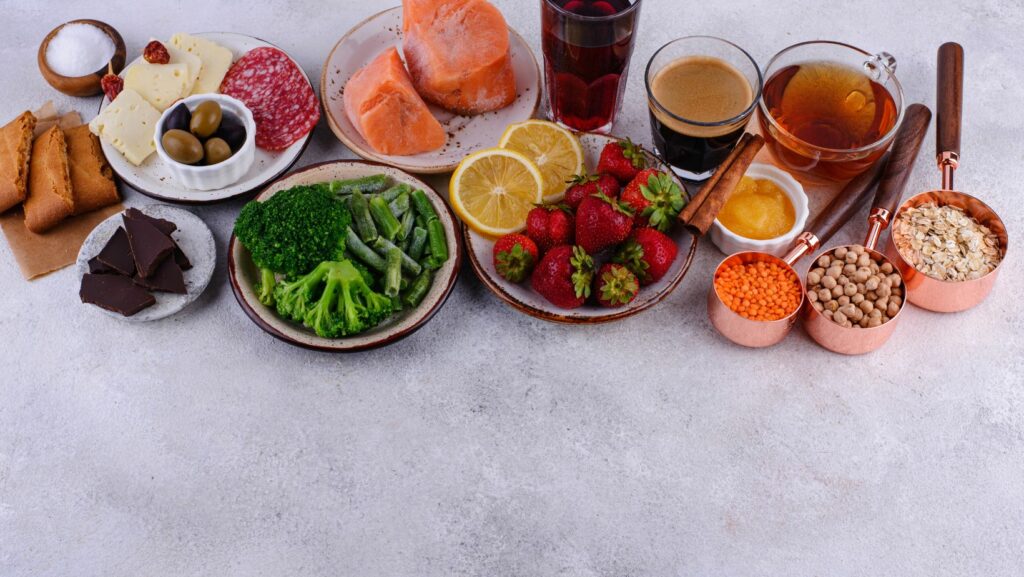Natural Remedies for Blood Clots
Blood clots, also known as thrombi, are agglomerated cells within a vessel that potentially inhibit the flow of blood. The clotting process, while essential for preventing excessive bleeding during injuries, poses problems when unneeded clots form, threatening blood flow in essential organs. To visualize this, imagine a clog in your plumbing system blocking the fluid flow; similarly, blood clots obstruct the smooth passage of blood in the circulatory system.
It’s important to grasp the health risks associated with blood clots. When clots block the blood supply to significant organs, they transform from solvable issues to urgent health emergencies. For example when they manifest in the brain, they may lead to strokes. If clots form in the heart, it could lead to heart attacks, and those that appear within the lungs could cause pulmonary embolism. In summary, these complications highlight the gravity of blood clots in the circulatory system and emphasize the importance of preventive measures and treatments.
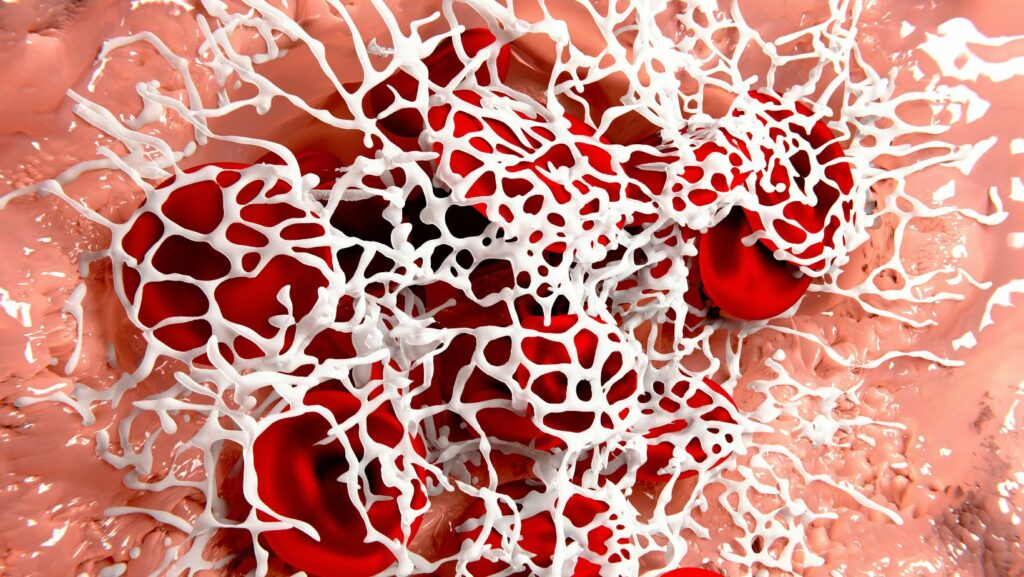
The Efficacy of Natural Remedies for Blood Clots
Given the grave implications of untreated blood clots, discussion turns now to natural remedies’ efficacy in treating them. By delineating the contrast between natural and conventional remedies and referencing studies and research, the content provides a comprehensive perspective on this issue.
Natural remedies typically come from plants, food, or other naturally-occurring resources. Unlike conventional remedies, they boast minimal side effects and tend to promote general wellness, too. However, they may not provide instantaneous relief, a prime characteristic of conventional medications. For example, aspirin, a conventional remedy, thins the blood and provides quick relief, preventing the formation of new clots, while garlic, a natural remedy, inhibits platelet build-up and promotes heart health but may require prolonged, consistent consumption to see desired effects.
Several studies support the efficacy of natural remedies for blood clot prevention and treatment. The International Journal of Cardiology published a research review in 2014 confirming that dietary flavonoid intake has a beneficial effect on the risk of thrombosis. Another study published in the Journal of Clinical Pharmacy and Therapeutics in 2017 found that a common ingredient in many Chinese herbal medicines, Danshensu, exhibits anticoagulant properties. Please note, it’s essential to consult healthcare professionals before starting any new healthcare regimen, even if it’s based on natural remedies.
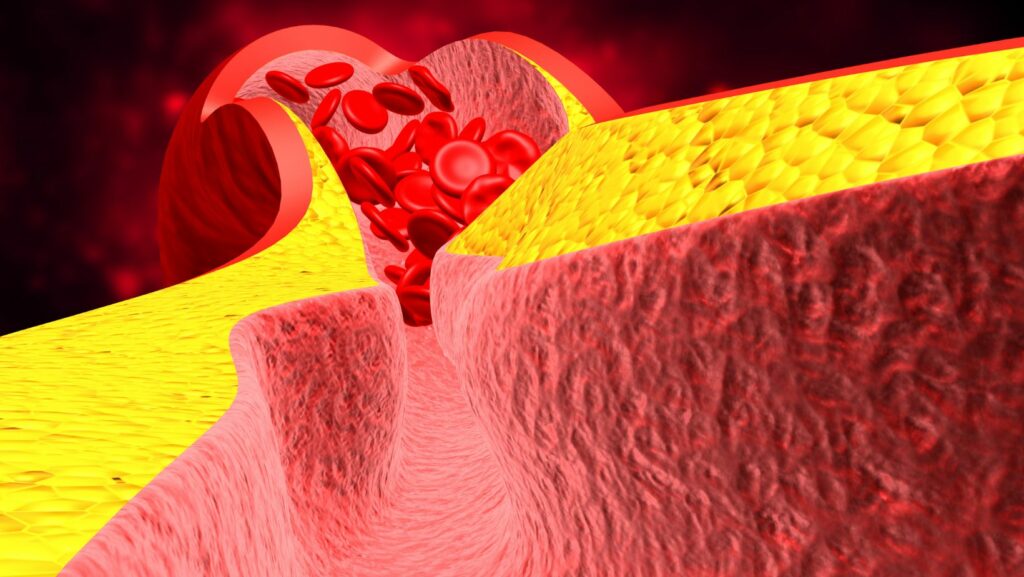
Exploring Various Natural Remedies for Blood Clots
Plant-derived natural remedies and nutrient-rich foods offer options for preventing and addressing blood clots. Let’s explore how herbal supplements, specific foods, and a healthy lifestyle can contribute to blood clot prevention and treatment.
Ginkgo biloba, a plant extract rich in flavonoids, it’s noted as a natural anti-clotting agent. Studies point out that consumption of Ginkgo biloba supplements might decrease platelet aggregation, the first step in blood clot formation. Similarly, Danshensu, a compound from the plant Salvia Miltiorrhiza, reportedly possesses blood-thinning properties making it a potent remedy against blood clots. However, individuals taking these supplements should do so under professional supervision, considering possible interactions with other medications.
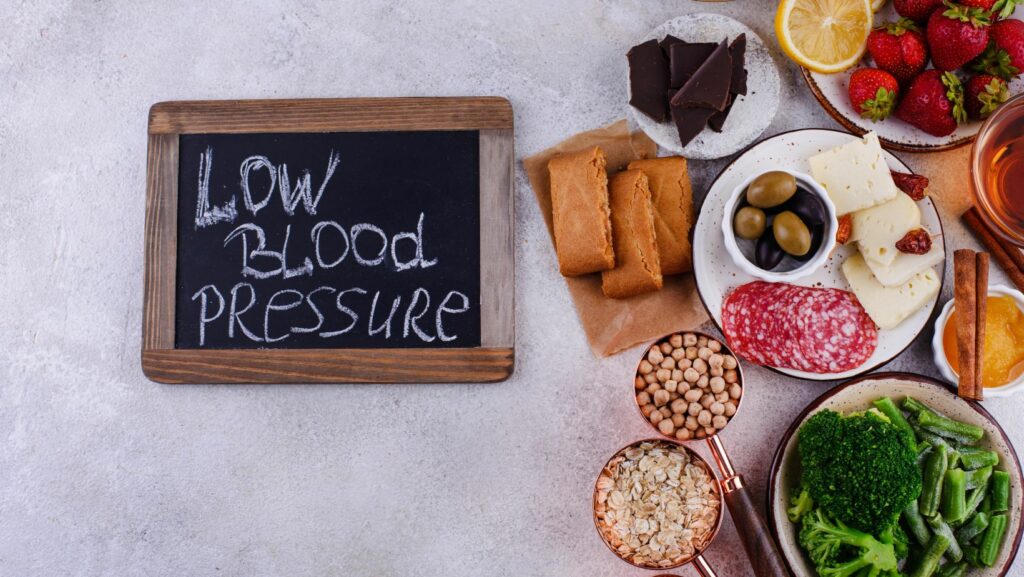
A balance of nutrient-rich foods also plays a pivotal role in thwarting off blood clots. For instance, foods high in vitamin E like almonds and spinach can restrict clot formation. Salmon and other fatty fish, laden with omega-3 fatty acids, they’ve been marked as natural blood thinners. Garlic, known for its active component, allicin, exhibits anti-clotting properties, but consumption should be moderate, as excessive intake might lead to prolonged bleeding.
Lifestyle habits, notably regular exercise and hydration, can significantly contribute to clot prevention. Consistent physical activity promotes good circulation, and hydration helps maintain lower blood viscosity. For example, a moderate 30-minute walk daily can stimulate blood circulation, while drinking at least eight glasses of water per day can keep the body hydrated and blood thin, reducing the likelihood of blood clot formation. However, it’s crucial to remember that extreme exercises, without proper rest or hydration, could lead to dehydration, a risk factor in developing clots.So, don’t hesitate to consult them and always stay vigilant for any adverse effects. Because when it comes to your health, it’s better to be safe than sorry.
